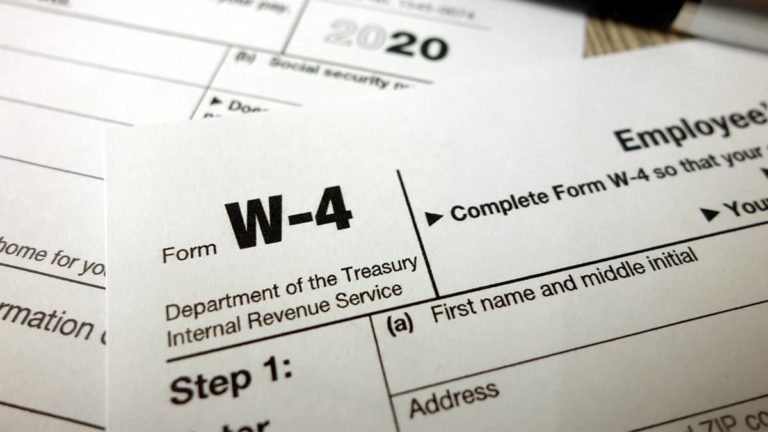As an employer, bringing in reinforcements at your small business is sometimes necessary. To keep up with customer demands during peak seasons, you might need to hire additional employees, such as seasonal or temporary workers.
Both seasonal and temporary employees can give your business a boost and support you during busy times. But, what option is best for your company? Read on to find out how temporary vs. seasonal employees compare.
Temporary vs. seasonal employees
Many small business owners think temporary and seasonal employees are one and the same. However, this is not true. Although seasonal and temporary jobs may have similar characteristics, they also have many differences.
So, what is the difference between seasonal and temporary employment?
Take a look at how they differ below.
Temporary employees
Temporary employees, or temps, are typically hired to cover for absent employees or to fill gaps in the business’s workforce. You may need to hire temporary employees to cover your bases during peak seasons. Or, you might hire a temp due to an employee’s leave of absence (e.g., maternity leave).
You can hire temps on your own or through a temporary staffing agency. If you opt to use a staffing company, the temp workers are on lease with the staffing company and don’t directly work for your business. And, you must pay the agency fees for placement.
Healthcare, IT, clerical, and labor industries typically hire temporary workers to fill vacancies.
Depending on the business’s hiring needs, temp workers might be full-time or part-time employees.
In some cases, temp workers are not eligible for benefits. However, some temporary staffing agencies might offer health care or other benefits to temps.
Some businesses might hire temp workers for permanent positions if they find they’re a good fit for the job.
Seasonal employees
Generally, seasonal employees are hired temporarily when a company needs extra help during a particular season (e.g., holidays). Businesses might need to hire seasonal workers to keep up with the shopping demands during the busy season.
Certain kinds of businesses, like retail, sales, and shipping companies, might need to hire seasonal employees to keep up with the heavy workload. Seasonal businesses (e.g., pool cleaning company) may also hire seasonal employees each year during the months they are open for business.
Seasonal employees are usually hired on a part-time basis, thus reducing payroll costs. And, seasonal workers might need to work irregular hours (e.g., late shifts), depending on the business’s needs.
If you hire a seasonal worker, you still must follow applicable labor laws. When hiring seasonal employees, be sure to meet minimum wage requirements and follow seasonal employment laws.
Pros and cons of temporary vs. seasonal employees
Now that you’re familiar with temporary and seasonal employees, let’s take a look at their advantages and disadvantages.
Temporary
Check out a few pros and cons of temporary workers.
Pros:
- Fill gaps in the workplace
- Fill permanent positions (if the temp is a good fit)
Cons:
- Fees (with staffing agencies)
- Few or no benefits for employees
Seasonal
Take a look at a few hiring seasonal employees pros and cons below.
Pros:
- Lower payroll costs
- Less risky hiring
- Flexible workforce
Cons:
- Less time for training
- Uncommitted employees
- Employees lacking loyalty
Ready to pay your temporary or seasonal workers? Patriot’s online payroll software lets you quickly pay your employees with a simple three-step process so that you can get back to your business. Start your self-guided demo today!
This article has been updated from its original publication date of October 23, 2019.
This is not intended as legal advice; for more information, please click here.







